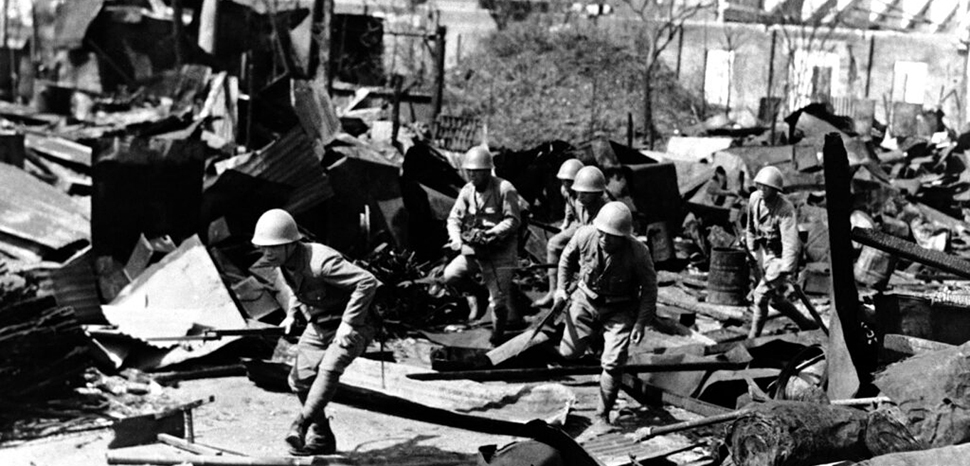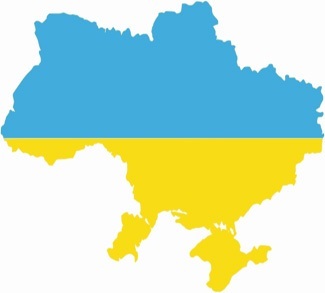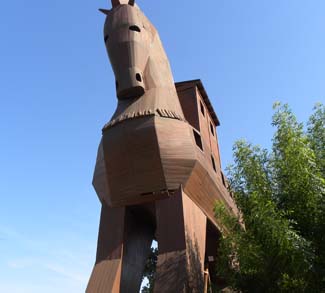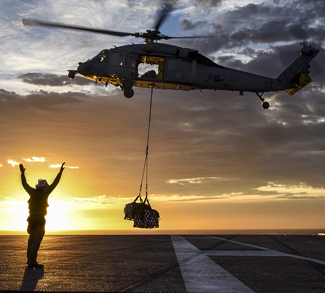Mark Twain allegedly said, “History doesn’t repeat itself, but it often rhymes.” Each historical event has its own features, so there is no perfect historical analogy. Conversely, though, there is rarely an entirely new event, too. Similar events or similar patterns can usually be found in the past. The ongoing Russo–Ukrainian War is not exceptional. It has, for example, some striking parallels to the Sino–Japanese War of 1937-1945.
The first similarity is that the war initiator tragically underestimated its target’s war potential. According to the testimony of CIA Director Bill Burns at the House Intelligence Committee hearing on March 8, Russian President Vladimir Putin had expected a quick victory over Ukraine, planning to seize Kiev within the first two days of the campaign. Similarly, when Japan started the war with China in 1937, few top government officials in Tokyo foresaw the long haul. The United States Strategic Bombing Survey, organized in 1944 to investigate the effects of strategic bombings, correctly pointed out in a 1946 report that the Japanese thrust into China in 1937 “was not expected to develop into a major war. Those responsible for national policy at the time were fully confident that the Chinese government would yield quickly to Japan’s demands and adjust itself readily to the position of a Japanese puppet.”
Japan’s underestimation of China largely stemmed from its previous experience in Manchuria. From 1931 to 1932, Japanese military forces occupied the region and severed it from the rest of China to establish a puppet state. The Chinese government, headed by Generalissimo Chiang Kai-shek, could hardly counteract the Japanese aggression owing to its devoted fight against the Chinese communists. The international society’s responses to the Manchurian Incident were also lukewarm; although Japan was censured in the League of Nations, it was not subject to any military or economic sanctions.
Likewise, Putin’s underestimation of Ukraine is said to come, at least partly, from his previous experience in Crimea. In February 2014, he embarked on the occupation of Crimea. Mired in domestic turmoil due to political conflicts between pro-Western groups and pro-Russian groups, the Ukrainian government at that time was unable to resist the Russian invasion forcefully. The international society did not respond to it decisively, either, as symbolically demonstrated by the German Nord Stream pipeline projects. After the Crimean crisis, Germany neither cancelled nor scaled down the projects, but rather expanded them in order to import more natural gas at a low price from Russia.
As is well known, the Manchurian Incident and the subsequent penetration of Japanese military and political power into North China fueled Chinese nationalism, forcing the Chiang Kai-shek government to squarely face Japanese aggression. The stiff resistance of the Chinese people drew international sympathy and motivated some countries including the United States to impose economic sanctions against Japan, as well as provide China with generous material and financial assistance.
Similarly, the Crimean crisis and Russia’s further encroachment into eastern regions of Ukraine angered many Ukrainians, leading to their stubborn resistance to the current all-out war with Russia. Headed by the Western countries, the international community has also responded to the war resolutely, imposing unprecedentedly strong economic sanctions against Russia and providing Ukraine with various forms of direct assistance, including military support.
The Russo-Ukrainian War is now in a stalemate, and nobody knows how the war will unfold. In the case of the Sino-Japanese War, Japan widened battle lines by attacking Pearl Harbor to stop the United States from meddling in Asian affairs, and to break the impasse in the war.
According to the memoir of American diplomat John Emmerson, a specialist on Japan, the following exchange occurred between him and Stanley Hornbeck, a special advisor to the Secretary of State, one month before the Pearl Harbor attack:
Emmerson: We[people working in the American embassy in Tokyo]think Japan wants to dominate East Asia and hopes to do so without war. But if this looks impossible, Japan will go to war in desperation.
Hornbeck: Name me one country in history which ever went to war in desperation!
In this respect, we must not make history rhyme.
The views expressed in this article belong to the authors alone and do not necessarily reflect those of Geopoliticalmonitor.com




